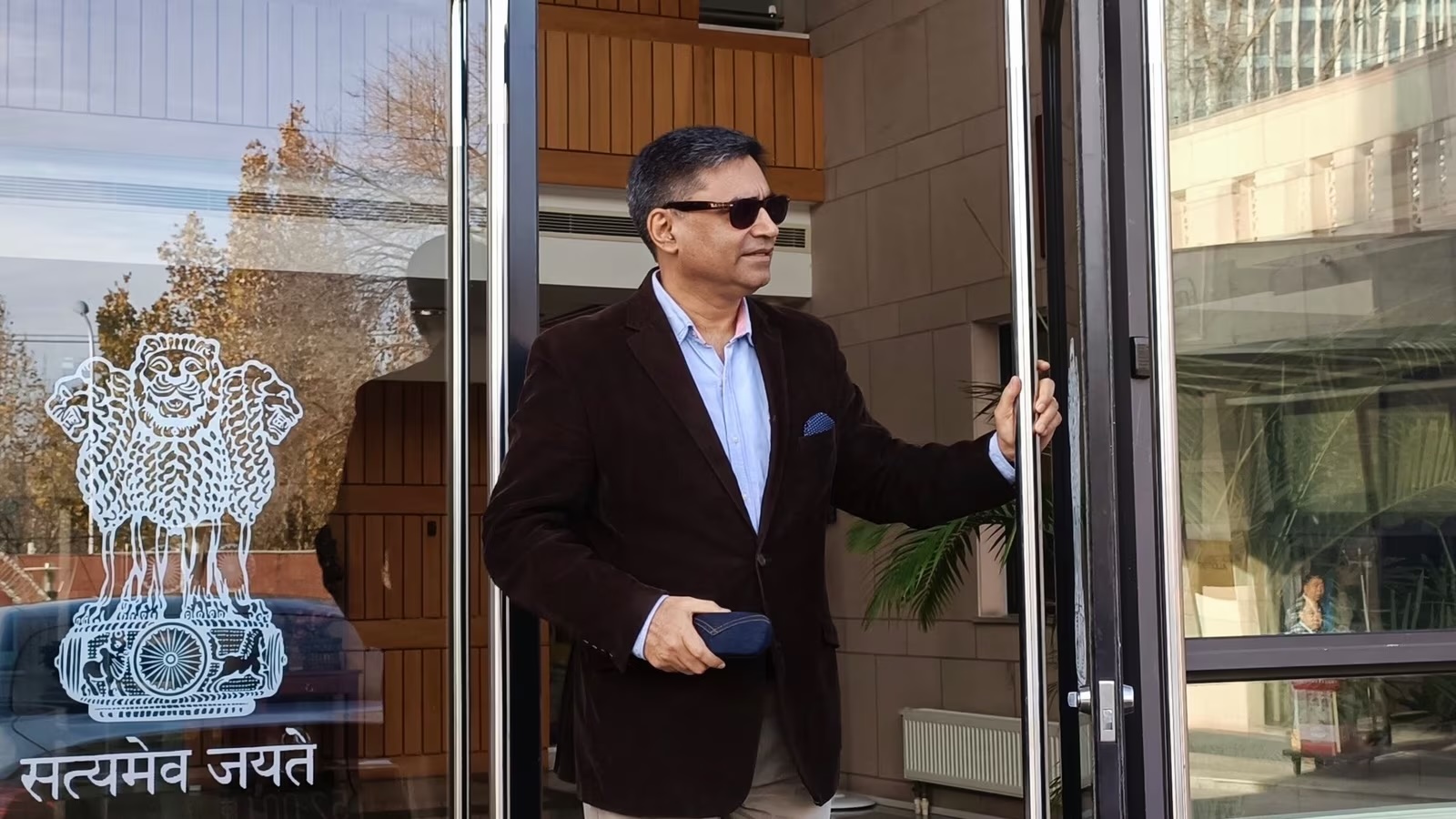India Cites 'Savage' Pahalgam Attack, Nepali Victim in Announcing 'Operation Sindoor' Strikes

NEW DELHI, INDIA – India's Foreign Secretary, Vikram Misri, announced on Wednesday that India had launched "Operation Sindoor" earlier in the morning, conducting "measured, non-escalatory, proportionate, and responsible" actions to dismantle terrorist infrastructure and disable terrorists. This response, he stated, was triggered by the "savage attack" on Indian tourists at Pahalgam in Jammu & Kashmir on April 22, 2025, where 26 people, including a Nepali national, were brutally murdered.
Addressing a media briefing, Foreign Secretary Misri provided a grim account of the Pahalgam attack, attributing it to "Pakistani and Pakistan-trained terrorists belonging to the Lashkar-e-Taiba." He described the attack as marked by "extreme barbarity, with the victims mostly killed with head-shots from close range and in front of their families," adding that family members were "deliberately traumatized." This incident, he noted, caused the largest number of civilian casualties in a terrorist attack in India since the 26th November 2008 Mumbai attacks. The Foreign Secretary stated the Pahalgam attack aimed to undermine the returning normalcy in Jammu & Kashmir, particularly its tourism-driven economy, and to provoke communal discord.
Mr. Misri said that The Resistance Front (TRF), which claimed responsibility for the Pahalgam attack, is a front for the UN-proscribed Pakistani terrorist group Lashkar-e-Taiba (LeT). He mentioned that India had previously provided intelligence on TRF to the UN's 1267 Sanctions Committee and noted alleged pressure from Pakistan to remove references to TRF in a UN Security Council Press Statement on April 25 concerning the attack.
"Investigations into the Pahalgam terror attack have brought out the communication nodes of terrorists in and to Pakistan," the Foreign Secretary stated, adding that intelligence agencies had developed an "accurate picture of the planners and backers" of the attack team. He also referred to Pakistan's "long track record of perpetrating cross-border terror in India" and its reputation as a "haven for terrorists."
Explaining the rationale for "Operation Sindoor," Mr. Misri highlighted the "deep anger" in India following the Pahalgam attack. He stated that despite a fortnight passing, there had been "no demonstrable step from Pakistan to take action against the terrorist infrastructure on its territory or on territory under its control." Instead, he accused Pakistan of indulging in "denials and allegations." Crucially, he added, "Our intelligence monitoring of Pakistan-based terrorist modules indicated that further attacks against India were impending. There was thus a compulsion both to deter and to pre-empt."
The Foreign Secretary asserted that India's actions focused on "dismantling the terrorist infrastructure and disabling terrorists likely to be sent across to India" and should be seen in the context of the UN Security Council's April 25th statement calling for perpetrators of the Pahalgam attack to be brought to justice.
Mr. Misri was joined at the briefing by Colonel Sofia Quareshi and Wing Commander Vyomika Singh, who, he said, would share further details regarding "OPERATION SINDOOR." A detailed briefing on the operation was promised later in the day.
Vikram Misri




![From Kathmandu to the World: How Excel Students Are Winning Big [Admission Open]](https://nepalaaja.com/img/70194/medium/excel-college-info-eng-nep-2342.jpg)


